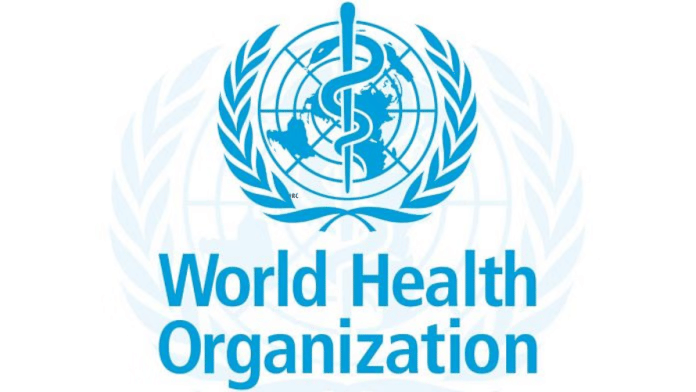New Delhi: The United States recently completed a joint external evaluation of its International Health Regulations (IHR) core capacities. A team of experts commended the country’s overall health security architecture while also making a series of recommendations for improvement, a WHO press release stated.
The evaluation, which took place 18-25 Sept last year, in Washington and Atlanta, was conducted using the third edition of the Joint External Evaluation (JEE) tool. The tool was revised to incorporate lessons learned from the COVID-19 pandemic and other recent public health emergencies.
The team acknowledged the US’s efforts to meet the requirements of the JEE process, as well as the hospitality extended to the team during the visit. They commended the country’s transparency in undergoing the evaluation process, which contributes to strengthening global health security. All countries using the JEE process should be commended for their transparency in strengthening global health security.
The JEE mission evaluated 19 technical areas of the U.S.’s health security capacities through a peer-to-peer consultative process, bringing together national subject matter experts and a multinational, multidisciplinary JEE team. The weeklong mission included discussions, interactions, and site visits, culminating in a consensus on scores and recommendations for priority actions across the 19 technical areas.
In addition to the specific recommendations for each technical area, the JEE team made eight overarching recommendations for the U.S. to consider. These recommendations aim to consolidate the country’s progress and address potential bottlenecks in implementing the priority actions.
The overarching recommendations focus on improving alignment and harmonization of political, legal, and technical frameworks across all regions and territories of the U.S.; extending preparedness to the state, local, tribal, and territorial jurisdictions; ensuring continued investment in preparedness through existing agencies and programs, and reviewing the cost effectiveness of how funds are currently used, with particular focus on addressing fragmentation and duplication; and strengthening the public health workforce by addressing workforce gaps and declining trends in workforce numbers.
The JEE team also recommended strengthening community engagement to improve the impact of emergency responses, focusing on building trust and inclusivity, particularly for communities that are harder to reach or have diverse needs. They also called for strengthening trust in data, services, and systems, and continuing measures to ensure health security for all, addressing existing inequities and expanding coverage of essential health care.






